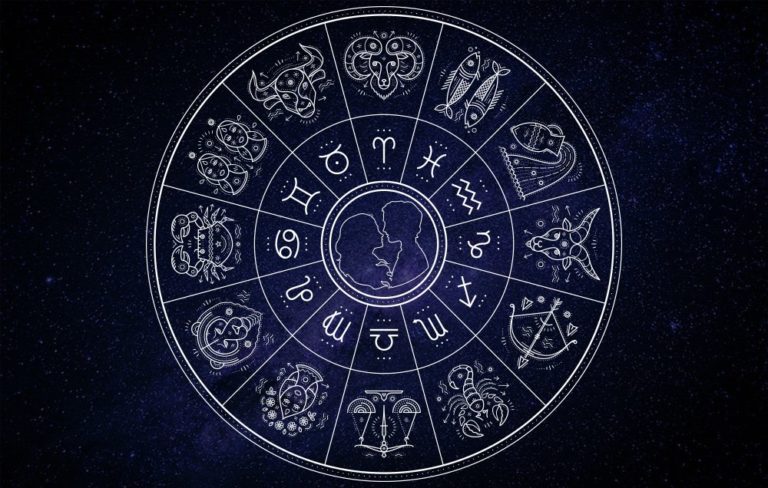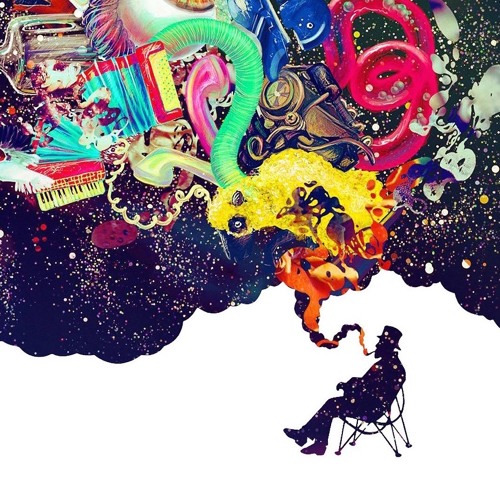Digital Nihilism – Religion in the Nihilistic Framework
Nihilism is not a position one adopts. It is a true description of the way the world is. Though we may have religion, we can see those efforts, in nihilism, as attempts to define and distribute meaning to reduce the suffering of those overcome by anomie, either because they lack the introspective capacity to define their own meaning, they lack the external courage to manifest their meaning and thus relegate it to authority, or because external forces (scarcity, power dynamics, etc.) impede their journey for meaning.
Because religions are successful in providing meaning to many people, we can see them as a successful tool in the framework of nihilism and thus we must not discount them. However, we must define them not as higher truths, but as they truly are: systems of symbology, parables, characters, narratives, artworks and lessons that pass on human morality, purpose, community, ethics and beauty. Because morality, purpose, community, ethics and beauty, when collectively adopted, heighten civilization and reduce human suffering, thus reducing the impediments of people to pursue their meaning, we can consider religion useful in the nihilistic framework so long as it accomplishes those things.
From the successes of religion in reducing occurrences of anomie, we can conclude also that some of the lessons of religion, by accident or by design, tap into meaning and purpose that is shared among humankind, evolutionarily. So, we can conclude that there is a commonality among souls.
Nihilism, as with Buddhism, concludes that there are two essential truths:
1. Human life is comprised of suffering.
2. The cessation of human suffering is good.
In the context of those two truths, to the degree religion reduces human suffering, it is good. However, like consumerism, materialism and Earthly pleasure, which impedes true oneness with the self in the search for meaning because they provide fleeting, fraudulent and impermanent cessation of suffering by tricking the mind, so too does religion insofar as it ignores the objective truth of meaninglessness, trying to prescribe meaning through fictional authorities that do not exist.
Organized religion, likewise, has proven time and time again to go against its own stated goal of providing meaning and reducing suffering, with its histories of Christian crusades, Islamic Jihad, abuse of its men, women and children under the manmade authority of the institutions. Furthermore, the concept of dogma itself impedes one’s personal quest for meaning; it necessitates that an individual give up his or her autonomy to define meaning to an external authority figure. In nihilism, where, as I mentioned, freedom of an individual’s pursuit of meaning, and thus autonomy, is sacrosanct, this act of imposing dogma could be considered religion’s greatest crime against the cessation of human suffering.
Thus, in nihilism, we recognize the importance of symbology, parables, stories, and characters as a function of the human animal in codifying and passing along its findings on morality in the service of creating a civilization which best empowers its people in their cessation of suffering, in their pursuit of their individual meaning.
If a religion, in the framework of nihilism, is defined by its characters and stories, and its goal of creating community, passing on moral systems, etc., we can consider, in the context of nihilism, intellectual properties which create characters, stories and moral parables at grand and cohesive scale as religions, and we can classify groups which provide community based on moral authority, etc., as fulfilling the function of religion. Thus, in the framework of nihilism, fandoms such as Marvel Comics, Star Wars, and others are functionally no different than religion or minor cults.
Moreover, groups that define a cultural identity and try to define moral authority, such as political groups, function as pseudo-religions within society. What separates the fictions of, for instance, the Catholic Church, from the fictions of, for example, the Democratic National Party, is the degree to which it empowers the individual’s journey for meaning through true knowledge, an environment of informed utilitarianism based on the correct understanding of the system of the soul, and a lack of dogma.
The problem with these pseudo-religions is that they increase the spread of anomie. In the case of consumerist intellectual properties, by making no effort to promulgate truth and existing only for profit – tithing. In that way, these organizations can be viewed as cults of consumerism, profiting off of temporal entertainment that may mask, but never addresses, existential anomie. Transplanting political activism to the purpose of religion is even worse in practice, as, though the organization may provide community and a sense of moral righteousness, it makes no effort to correctly define the system of the soul to help an individual achieve the necessary foundation to pursue meaning. It subjects its members to harsh dogma, crushing their autonomy of thought, and exists only to proselytize its ideology. It achieves all of the organizational aspects of religion without providing any of the services that religion ought to function to solve.








